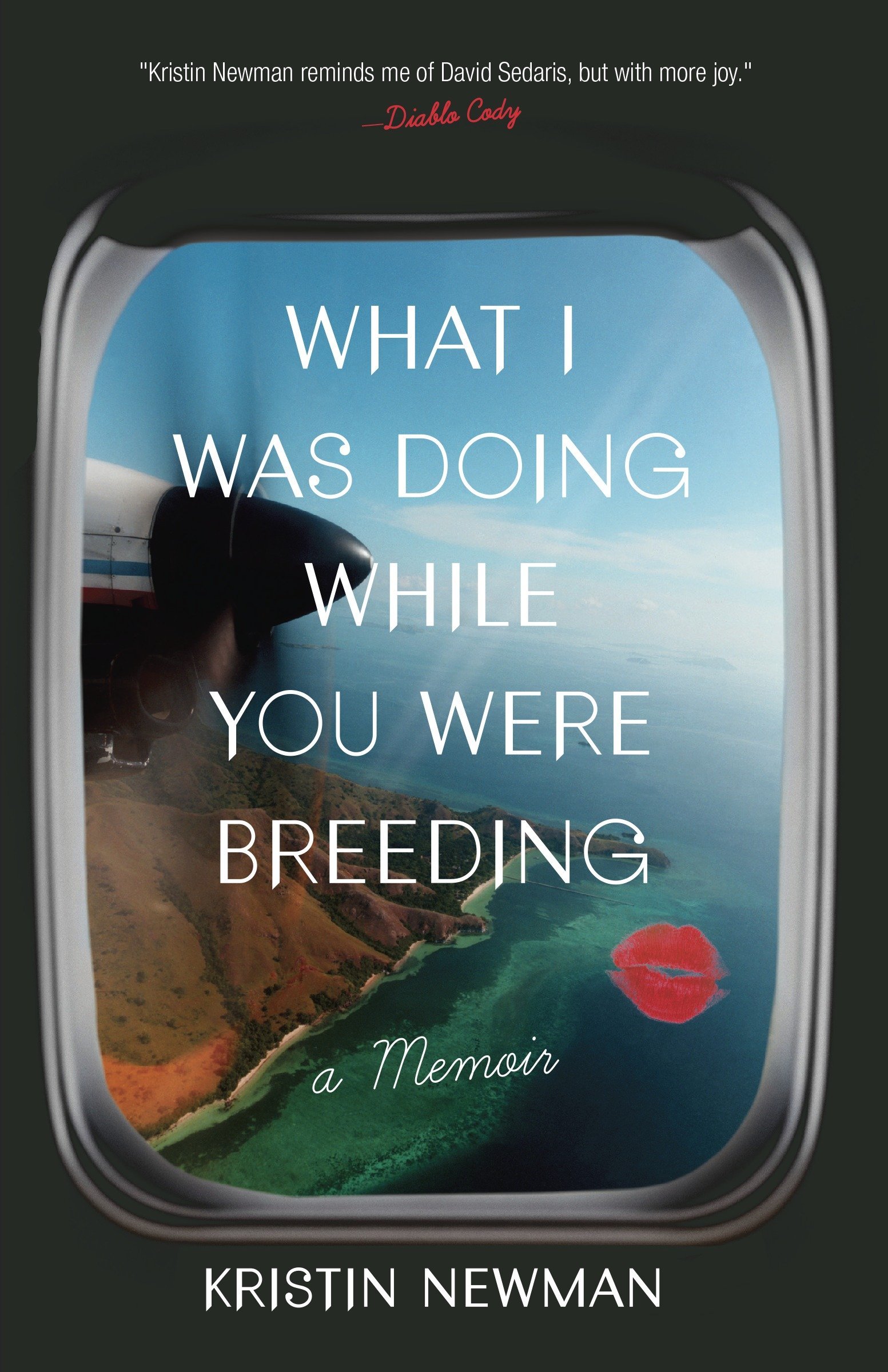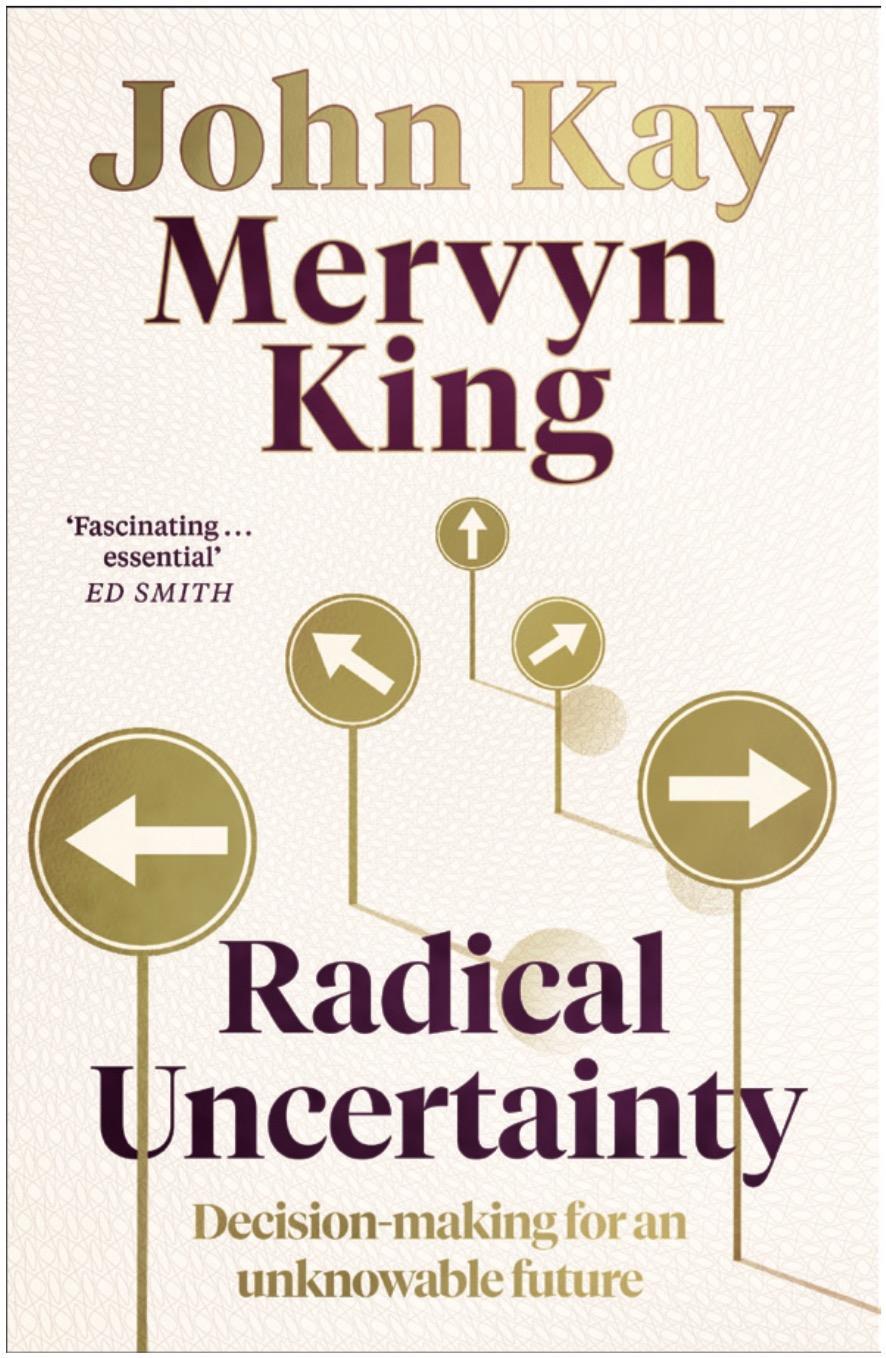
The genesis of this article came from this idea that Financial Independence will lead to a drastic overhaul of friends. The literature on FIRE focuses on attaining FIRE and little has been said about what FIRE actually does to friendships.
To confirm this, I went to a Telegram group of FIRE aspirants and asked them what impact did FIRE have on their friendships.
The usual answer I got was " I hope to find out. "
Without any specific data-points, I can only guess by piecing together my own personal experience and what I think logically follows the different stages of financial independence. I doubt that my attempts to answer this question would be as accurate compared to the input from a community of folks who have attained Financial Independence.
To answer this question, we have to assume that we start out as normal people with a circle of friends from work or the educational institutions you start out at.
a) Discovery phase
Most of the time, FIRE folks will need to discover FIRE and make a decision to adopt it as a lifestyle choice. This is not an accident. I did not read books on FIRE, but my own experience was triggered by investing in dividends and reading research papers.
At the discovery, nothing much changes to friendships unless the person is silly enough to make a proclamation about his new lifestyle. Then the FIREr will just be as annoying as a born-again vegan and alienate his pals.
There is one point though - we FIRE folks are boring.
What is more interesting to you?
- A guy who wants to accumulate $100,000 before he reaches 30.
- A guy who wants to fuck 100 different prostitutes by the end of the fiscal year.
Boring people attract boring people.
b) Adjustment phase
The adjustment phase is the phase that first changes in personality will begin. FIRErs need to create a more frugal lifestyle and find ways to supercharge their careers. This requires discarding superfluous aspects of living and becoming "leaner". At this stage, I think FIRErs will begin to associate less with their more YOLO peers.
I began to associate less with my peers when I discovered how flaky and stupid they can get and limited my engagement to work-related matters. It did not make any sense to hang out with colleagues who want to talk about spa and scuba diving all the time.
But this does not make one a hermit.
There are plenty of ambitious colleagues who are preparing for GMAT and planning their MBA journeys when I started on my own CFA/FI journey. I find it easier to relate to the more ambitious colleagues. I also spent more time with operations folks because we work closely together, tehy are down to earth, and they don't seem as vain as management-level staff.
( I still hang out with operations colleagues today. They are still full of shit, but its the kind of shit I approve of. )
c) Investment income phase
The investment income phase is when dividend investing starts to bear fruit and you can extract about $300-500 each month. It means that you have a working portfolio that pays a significant part of your bills but you still need a job.
Nothing changes friendship much at this phase. Internally, you might want more monthly income, but you could not really care about responsibility or power.
Some friends may be shocked at internally how ambitious you have become. I consider my $300-$500 years the best years of my life - scoring 21 IT certification exams a year while doing my Masters and authoring a book. My own body gave way and I developed hyperactive thyroid shortly after that.
I had at least one old friend who tried to pace me and developed hypertension as a result of that.
d) Financial Independence
For me, I think the jadedness really begins when investment income exceeds expenses. Your work salary stops being a necessity but becomes a tool to corner more investment assets. I developed a flippant attitude against colleagues and maybe friends who hold a higher position than me, because I know I am truly free but they are not. Problems also become smaller - a manager can cut my pay but he can't cut my investment income.
Another thing that changes are your political views. As your capital can be moved around, nothing fazes as much and I can't participate in discussions about normative aspects of law and society anymore. My position is that react to changes if I cannot predict them and I always take the high ground.
So for example, some folks think they can bait me by talking about evil and greedy landlords and why landlords have to waive rents for tenants. The truth is that a REITs investor can channel his funds into a manufacturer within a day to offset the new bill to take on the more advantageous position. He can shift from being a landlord to a tenant in a heartbeat. In fact, we investors are both.
The bottom line
Some friends will become frenemies when the problems you are facing becomes too different from what they are facing. Many Singaporean struggles with mortgages, raising children and the lockdown. You probably are on the other side of the mortgage if you own enough bank stocks. Even your child's academic outcome will not play a big role in your own retirement adequacy. Sometimes you might even fail to see why your friends make such lifestyle choices - this can cut your ability to empathize quite drastically.
The things you look at will also look different. Others want to know when they can go back to work, you might want to guess whether MAS will recentre the S$NEER next. May have knock-on effects on your stock holdings.
Even with the Internet, it's difficult to find friends who understand our problems. After the shutdown of libraries, I lost access to Bloomberg which explains why I ended up doing so much Python programming!
Which brings me to the next point.
It is unwise to vocalise your issues to 99% of your friends. Unless you have something like Stage 4 cancer, your problems are first world problems. If you can make yourself a multi-millionaire, you should be able to resolve them on your own.
The remedy
I think the difficulty with befriending FIRE folks is that after a while nothing really fazes them and they are impervious to usual arguments in Singapore about inequality and how absolute power corrupts.
Do this long enough and your friends can only argue that your financial independence is a moral failing. This is something I have always encountered in my entire life - when someone loses a argument and gets overwhelmed by a combination of facts, data science and the common law, they will just raise their hands up and declare that you are immoral.
Then you know that it is time for a friendship overhaul.
As I'm not really in the FATFIRE zone yet, I may not have a complete solution to the problem.
All I know is that there are many different achievement levels that are recognised by Humanity and all you did was conquer maybe just one mountain - the financial mountain. It is also a small mountain.
You can befriend the folks who are undisputed in other domains. Because I lack cultural capital, I find it fascinating when literary figures come together to talk about their artistic interests. I don't understand 95% of it, but sometimes I learn things when I google them. My best buddies have always been in the social sciences and the humanities.
When I finally FATFIRE, maybe I will just surround myself with supermodels just to hear them bitch about their fashion tastes and make fun of other people's body shape! At this stage, there is no argument that I can win, and no consequences if I lose.

















